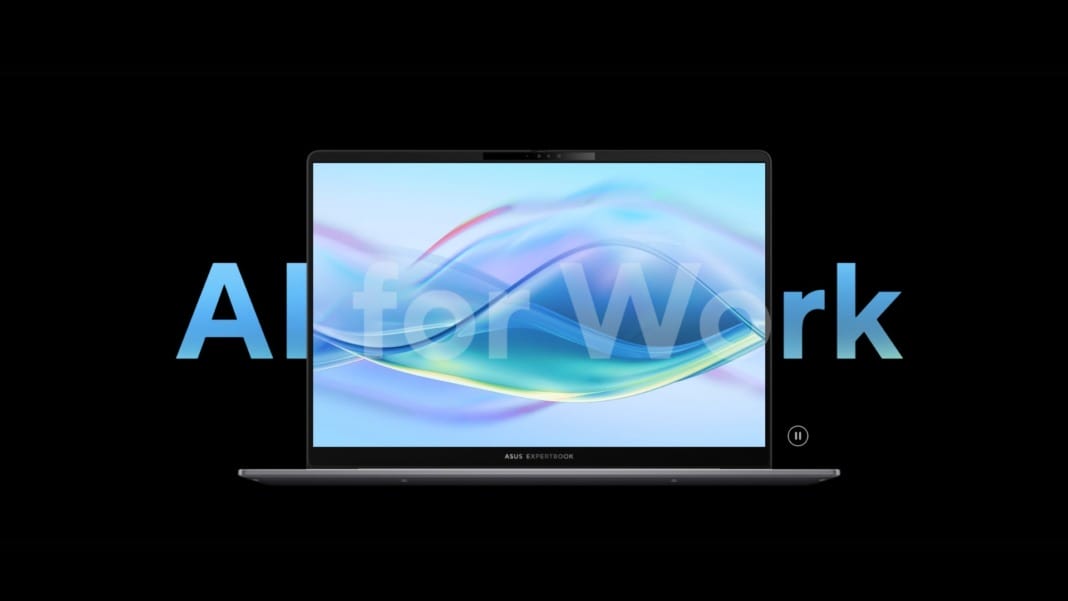OpenAI has made a significant leap into the future of artificial intelligence with the launch of Operator, an AI agent designed to automate tasks on your behalf. This new tool marks OpenAI’s first major attempt to create a general-purpose AI agent capable of taking control of a web browser to perform tasks independently.
A game-changer for automation
Announced on January 23, OpenAI’s Operator is initially available as a research preview for U.S.-based users subscribing to the US$200 Pro plan on ChatGPT. CEO Sam Altman said the feature will gradually expand to more users in the Plus, Team, and Enterprise tiers. While Altman confirmed plans to introduce Operator to other countries, he noted that Europe might face delays due to regulatory hurdles.
To access Operator, users can visit operator.chatgpt.com, although OpenAI aims to integrate it into all ChatGPT platforms soon. This tool is designed to streamline tasks like booking travel, making restaurant reservations, online shopping, and even coordinating deliveries.
Operator offers various task categories, including shopping, dining, travel, and more. Once activated, a separate window displays a dedicated web browser where Operator works autonomously. Importantly, this browser allows users to supervise or intervene as needed.
How Operator works
Operator is powered by OpenAI’s Computer-Using Agent (CUA) model, which combines the vision capabilities of the GPT-4o model with the advanced reasoning skills of OpenAI’s cutting-edge technology. Unlike systems that rely on APIs, the CUA interacts with websites like a human would — clicking buttons, navigating menus, and filling out forms.
OpenAI has partnered with major companies, including DoorDash, eBay, Instacart, Priceline, StubHub, and Uber, to ensure that the Operator respects the terms of service agreements. The CUA is also designed to request user confirmation for tasks with significant outcomes, such as submitting orders or sending emails, allowing you to verify its work.
However, Operator is not flawless. OpenAI acknowledges that it may struggle with complex or highly customised tasks, like creating intricate slideshows or managing non-standard web interfaces. Additionally, specific tasks, such as entering credit card information or performing banking transactions, require direct user involvement to ensure security.
The tool also comes with daily usage limits and dynamic task restrictions. While Operator can handle multiple tasks simultaneously, some actions, such as sending emails or deleting calendar events, are currently off-limits for security reasons.
Addressing safety concerns
OpenAI has taken a cautious approach to releasing Operator, considering the potential risks associated with autonomous AI agents. Tools like this could be exploited for malicious purposes, such as phishing scams or ticket scalping. OpenAI has implemented safeguards to mitigate these risks to ensure the AI behaves responsibly and requires user supervision for sensitive actions.
While Operator’s launch represents a significant milestone, it is still in its early stages. OpenAI admits that the CUA may occasionally get “stuck” on complex interfaces, CAPTCHAs, or password fields, requiring users to step in.
Despite these limitations, Operator provides a glimpse into an agent-driven future where AI can handle repetitive and time-consuming tasks. OpenAI has positioned Operator as a research preview to refine its capabilities and gather feedback for improvement.
Although rivals like Google and Anthropic have already introduced similar tools, OpenAI’s Operator stands out with its cautious yet promising approach. By combining advanced technology with robust safety measures, Operator offers a glimpse into the potential of AI agents to simplify everyday life.
As OpenAI continues to develop and expand Operator’s functionality, it will likely play a pivotal role in shaping the way you interact with AI and automation in the future.





